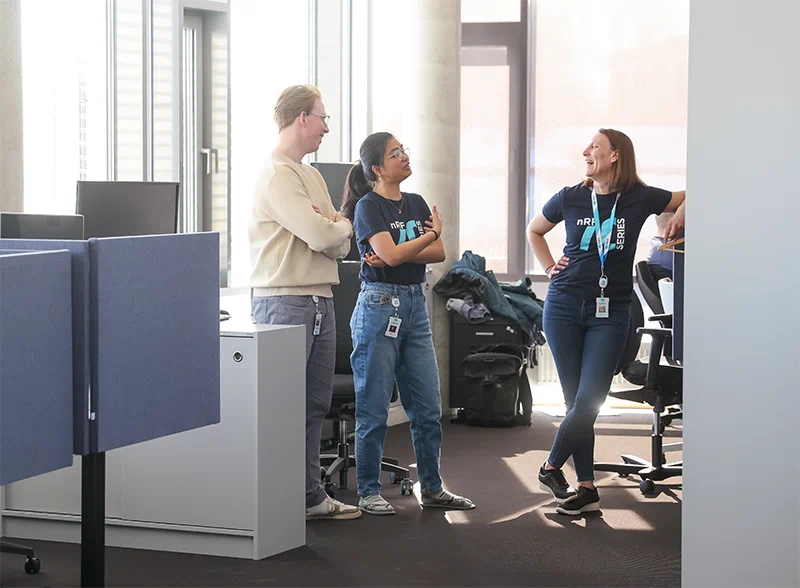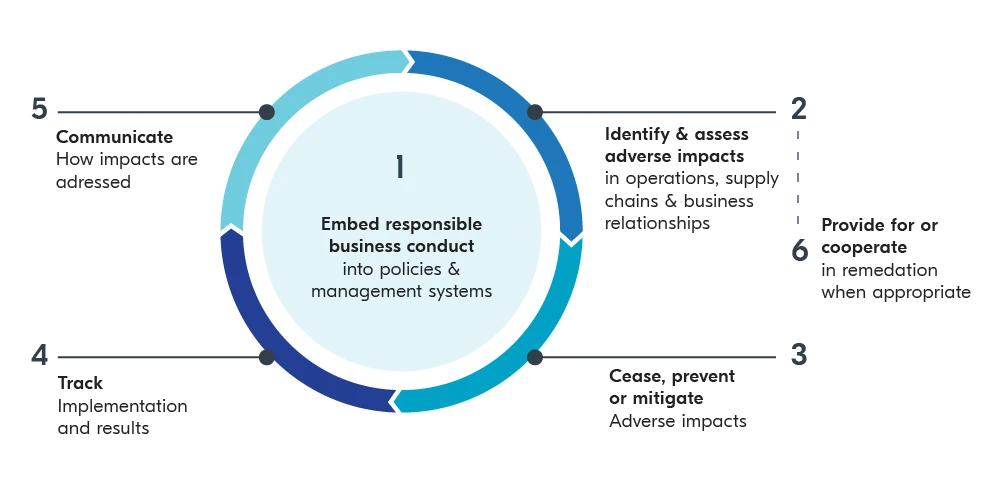At Nordic Semiconductor we believe that value creation is not only generated through serving our customers but also from managing and holding ourselves accountable for the impact our business has on the surrounding environment and society. This includes human rights and decent working conditions.

Our commitments
As a global fabless semiconductor company bringing together best in class-expertise from across the globe, we firmly believe that our people are our greatest asset and that they shall be treated with dignity and respect. This means that from our initial design and prototype production, to manufacturing and distribution, human- and labor rights shall be at the core of how we treat our employees, the workers in our value chain, and the local communities we are part of.
Nordic Semiconductor is committed to conduct business respecting internationally recognized human rights including those expressed in the International Bill of Human Rights and the principles concerning fundamental rights set out in the International Labour Organization’s Declaration on Fundamental Principles and Rights at Work.
Nordic Semiconductor is a signatory of the UN Global Compact Principles and a member of the Responsible Business Alliance and the Responsible Minerals Initiative. In addition, we are committed to perform and report on our human rights due diligence of our value chain in compliance with the Norwegian Transparency Act (Åpenhetsloven).
How we work with human and labor rights
Nordic Semiconductor endorse the principles outlined in the United Nations Guiding Principles on Business and Human Rights, as well as the OECD Guidelines for Multinational Enterprises. We strive to integrate these principles into our human rights’ due diligence framework and to continuously improve our understanding and managing of risks across our value chain. See below illustration of our framework, inspired by the iterative six-step OECD process.

Nordic Semiconductor ’s legally required disclosures under the Norwegian Transparency Act for 2023 can be found here.
Contact us
If you have questions or concerns about how we are managing actual or potential human rights impacts across our organization or supply chain, please submit your inquiries through one of the following channels: